Pay cash and get mortgage?
hilnaric
12 years ago
Related Stories
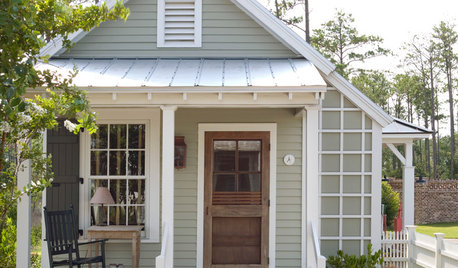
MOVINGHow to Avoid Paying Too Much for a House
Use the power of comps to gauge a home’s affordability and submit the right bid
Full Story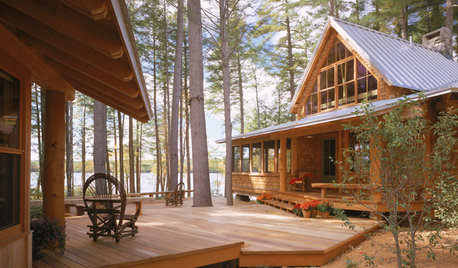
VACATION HOMESMake Your Vacation Home Pay Off
Renting your vacation house when you're not using it makes good financial sense. These tips can help
Full Story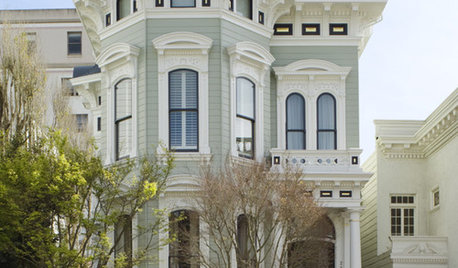
REMODELING GUIDESArchitecture Pays Tribute to the Tax Man
Skipping taxes doesn't always mean skipping the country. These architectural features let owners avoid certain taxes without leaving home
Full Story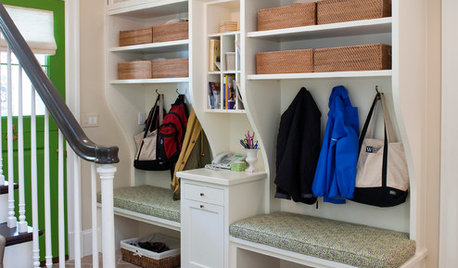
ORGANIZINGWant to Streamline Your Life? Get a System
Reduce stress and free up more time for the things that really matter by establishing specific procedures for everyday tasks
Full Story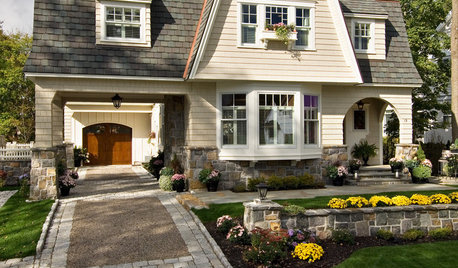
LIFE10 Best Ways to Get Organized for a Big Move
Make your next move smooth, short and sweet with these tips for preparing, organizing and packing
Full Story
SMALL SPACESGetting a Roommate? Ideas for Making Shared Spaces More Comfortable
Here are tips and tricks for dividing your space so everyone gets the privacy they need
Full Story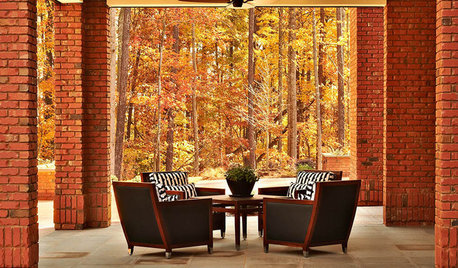
ARCHITECTUREGet a Perfectly Built Home the First Time Around
Yes, you can have a new build you’ll love right off the bat. Consider learning about yourself a bonus
Full Story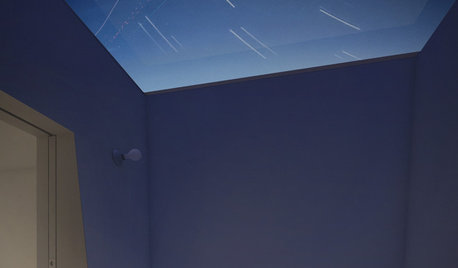
ARCHITECTUREDesign Practice: Getting Paid
Pro to pro: Learn how to manage contracts and set up the right fee structure for your work
Full Story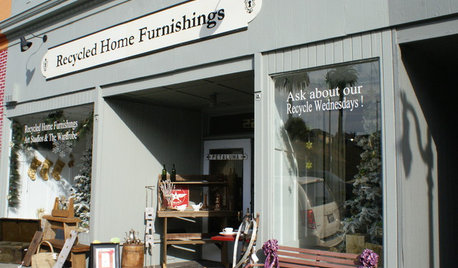
DECLUTTERINGDownsizing Help: How to Get Rid of Your Extra Stuff
Sell, consign, donate? We walk you through the options so you can sail through scaling down
Full Story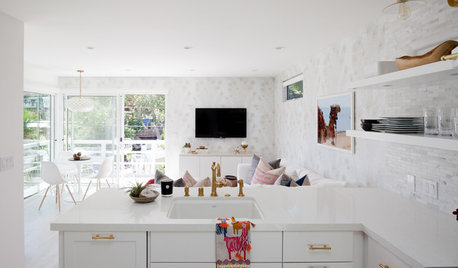
DECORATING GUIDESA Mobile Home Gets a Bohemian-Chic Makeover
Designer infuses world traveler’s guesthouse with tribal textiles, Moroccan tiles and kilim rugs
Full StoryMore Discussions









weedyacres
hilnaricOriginal Author
Related Professionals
Country Club Hills General Contractors · East Riverdale General Contractors · Haysville General Contractors · Hillsborough General Contractors · Kentwood General Contractors · Markham General Contractors · Merrimack General Contractors · New Bern General Contractors · Peoria General Contractors · San Bruno General Contractors · Walker General Contractors · Fitchburg Home Stagers · Key Biscayne Home Stagers · Saint Paul Home Stagers · South Orange Home Stagersannkathryn
hilnaricOriginal Author
bellamay
brickeyee
hilnaricOriginal Author
Billl
hilnaricOriginal Author
Billl